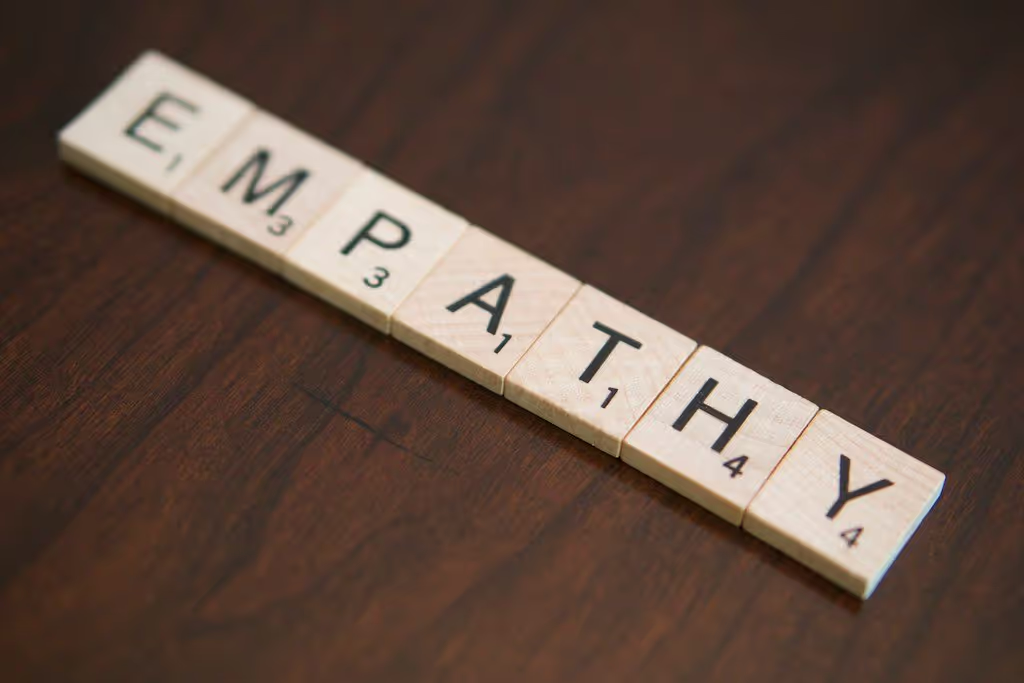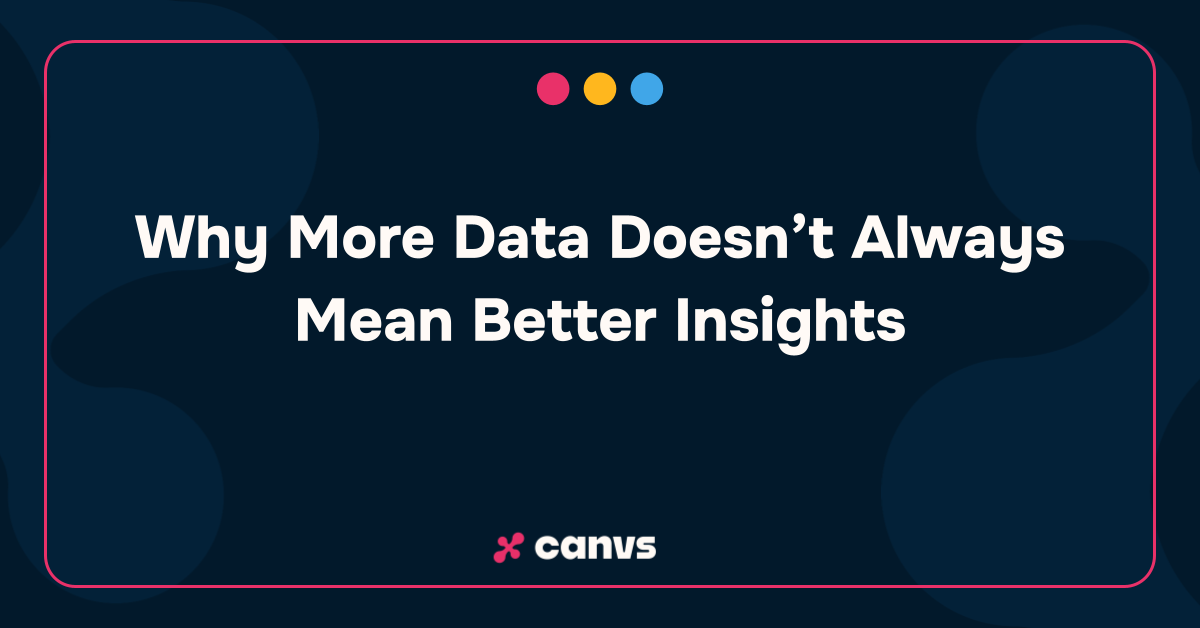Are we currently experiencing the golden age of empathy? While empathy has always been an important driver of value for both employees and customers, consensus about the universal importance of empathy has never been higher.
We saw this demonstrated over the course of the pandemic, as companies needed to understand the consumer – who were, and in many respects still are, experiencing a tumultuous time from the perspective of intertwined health and social concerns. We live in complex times, so I wanted to take a moment to reflect on the nature of empathy as it relates to business.
People who know me know that I’m not the typical startup founder/CEO. I come from a family of artists and studied (and actively play) music. I consider myself an empath, which is what drew me, and ultimately Canvs AI, into the world of emotional semantics. What started (and continues) as a business measuring the emotional reaction to TV, has evolved to include analysis and organization of unstructured text data more broadly.
At the soul of our mission is the notion of helping to power a more empathetic world. This is driven by the core belief that empathy is one of the most powerful skills (yes, skills) that a person–or company–can possess. Altruism aside, empathy is a competitive differentiator.
Empathy is defined simply as “the ability to understand and share the feelings of another.” Put another way, empathy is the intersection of awareness and emotion, or perhaps better, awareness of emotion. The pandemic didn’t change the basic notion that forging an emotional connection with consumers is critical to building brand loyalty and/or sparking consideration of change.
But there are two areas of change in my view that have increased our focus on empathy:
- The first is the expansion of brand categories where emotional resonance is considered a competitive differentiator.
- The second is the increased volatility and nuance of emotional sentiment that can seem to shift daily with the weather (or latest pandemic headline) and accelerated by the global news cycle.
The rise of direct-to-consumer (DTC) brands has meant that brands are closer than ever before to the impact of the message and able to see changes in that impact in a matter of days (hours?) vs. weeks or longer.
Their direct relationship provides increased opportunities for feedback through the website and post-sales satisfaction surveys. In addition to potential margin advantages of their “cut out the middleman” model, the ability for these brands to connect with customers is a big part of their ability to compete with established brands (who are standing up their own DTC efforts in many cases).
In the meantime, the last two years required a nuanced appreciation of consumer sentiment around a host of topics, from the pandemic to social issues. A message that resonated in mid-2020 likely landed very differently with a pandemic fatigued public in mid-2021. We saw a surge of optimism as the first vaccines rolled out, only to be muted by the realities of the Delta variant (and now Omicron).
It’s never been more important and more valuable to be in touch with consumer behavior and attitudes, and in touch across various demographic and geographic segments. This no doubt is part of what’s fueling the interest in agile research methodology and the ecosystem supporting it. Companies increasingly want and need insights quickly, but without sacrificing much in the way of statistical confidence.
As a company leader, I have also seen firsthand the importance and value of empathy. The same drivers that make empathy critical for brands in changing times make empathy critical for employers (and employees!). Building a culture of empathy isn’t just about how the company engages with its employees, it’s just as much about how employees engage with each other (and customers).
In the era of increasingly remote work environments and increased competition for talent, your company culture is not likely to be defined by in-office amenities or a favorable commute; it’s driven by the culture of your organization. In turn, culture is driven by empathy.
It’s important for leaders to think beyond a stereotype version of empathy as simply asking employees (or customers) how they feel and expressing solidarity. The culture of empathy means creating environments and systems that encourage open communication with an atmosphere of trust. It also requires a high degree of honesty and candor on the part of managers and employees.
I’m extremely grateful that empathy has been a core value and mission at Canvs largely since we started the company. I truly believe this foundation allowed Canvs to navigate the uncertainty of the pandemic over the last two years. Our amazing employees' ability to understand our business was as important as our ability to understand how our employees were feeling. In my view, this has made us a stronger company and allowed us to attract some of the world’s best market research firms, media companies, and customer-centric brands to the Canvs AI insights solution.
Obviously, nobody knows what is in store for 2022, but I’m certain that companies with a focus on empathy, both in terms of culture and customers, will be more likely to prosper. I loved the comments Salesforce CEO Mark Benioff made last fall: “If Trust is not your highest value then what is most important to you and your company?” In a world of increased transparency and information equality, empathy is critical to building and maintaining trust with your stakeholders. Here’s to a happy, healthy and empathetic 2022!




